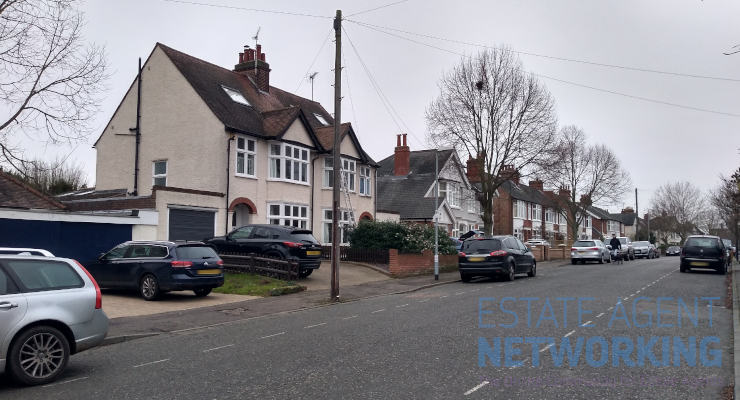How to Choose the Right Boiler for Your Property
A boiler is an essential utility for any home. A functioning boiler keeps your home warm and ensures that you have access to hot water when you need it. However, choosing a new boiler can be an absolute minefield. Here’s what you need to know when making your decision.
Hot Water Demand
One of your primary concerns when deciding on a new boiler should be your hot water usage. Not only do you need to know what your water use is now, but you also need to consider your future usage. If you are expecting to add a new member to your household, for example, you will need to factor this in when you’re working out how much water you are likely to use.
For the majority of households that only have one bathroom to worry about, a combi boiler is usually the best option. If you can find one in the 24-30 kW range, it should easily do what you need it to. For properties where there is an en-suite bathroom, that power rating might be a little bit on the low side, in which case a 30-35 kW combi boiler is a better option. Of course, larger properties will require more powerful boilers.
Finally, remember to factor in your children when you are calculating your water usage. As children grow older, they will likely use and require more water. If there are several people in your household, a system boiler has the advantage that you can choose one with an output that is based on your heating demand, which tends to be considerably lower than water demand. This means that a system boiler of just 19 kW can replace a combi boiler that outputs 30 kW.
The Size of Your Property
Other than your heating requirements, the other significant metric that you need to consider is the size of your property. Your boiler won’t just be heating up water for you to have a shower with, but it will also be the primary source of heating for your entire property. If you choose a boiler without a sufficient output, you will find yourself stuck in a cold property.
However, it is just as important to avoid going for a boiler that is far too powerful for your needs. If there are only a handful of radiators in your property, then you don’t need a boiler that is designed to supply a dozen or more, as you won’t gain any benefits from doing so.
Heat Loss
The size of your property is important when you are choosing a boiler, but you need to consider it alongside another measure – that of heat loss. A large but well-insulated property that minimises heat loss can be easier to warm up than a small property with very poor insulation. If heat is escaping from the property as fast as your boiler can produce it, then you aren’t going to feel the benefits of the heat you are generating.
The best way of getting an accurate measure of your heat loss is to consult with a professional. An expert will be able to accurately calculate the rate at which your home will lose heat on the coldest day of the year. This information can be used to work out the optimum boiler size for your property.
Don’t Oversize
It used to be common for people to buy a boiler with around a third more output than they actually needed. The idea was that the extra headroom would compensate for heat loss. However, thanks to advances in both boiler technology and home insulation, you don’t need to do this anymore. In fact, doing this today isn’t just a waste of time; it will actually end up wasting money and energy, so avoid it at all costs. Don’t spend money on more power than you are going to need.
Research Your Options
Once you have a good idea of the kind of specs that you are looking for in a boiler, you can then begin looking at specific options. No matter what your requirements are, there will be a number of boilers for you to choose from. Websites like Hometree, Boiler Central and Heating Wise are a great starting point for homeowners in the market for new boilers. Their website is full of useful articles about buying and maintaining boilers. Not only can they provide you with invaluable advice when you are choosing a new boiler, but they can even install it for you. You can even purchase cover for your boiler through them if you like what you see. Also be aware that there are boiler grants available for those who meet certain requirements, including pensioners, landlords and those in receipt of certain types of benefit.
A boiler is a big investment, so this isn’t a decision that you want to rush into. If you are willing to spend even a little bit of time beforehand researching your options and assessing your property, you can save yourself a lot of headaches further down the line.









